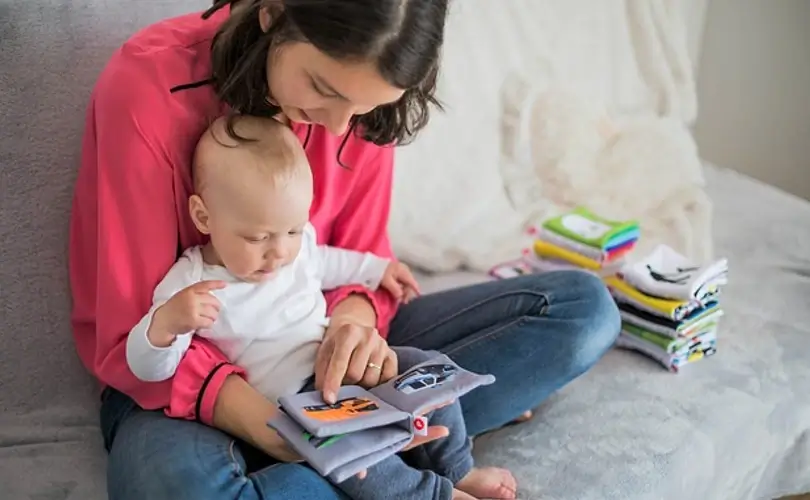One of the most significant roles of new parents is to maintain a schedule while remaining adaptable enough to accept any required changes. Babies thrive when they adhere to a schedule but also need flexibility. Also, remember that accidents will occur more frequently than anticipated, so preparation is vital. A healthy sense of humor is helpful. Indeed, laughter is the most effective remedy.
Setting Limitations
Children require boundaries to have a sense of safety and security. This is the first thing you must bear in mind when establishing limitations. As a parent, you are responsible for fostering a happy and healthy environment for your child by establishing ground rules and conveying the consequences for breaching those rules. If you set limits for your child, they will feel more secure, and you will be better able to accommodate their needs and desires.
Creating limits might be challenging, but it is essential for your child’s growth and development. To convey to your child that violating the rules will result in consequences, keep your cool while maintaining a firm position. You can use force if necessary; nevertheless, it is advisable to use a calming tone of voice and conceal your irritation. If you are angry, waiting until you have calmed down before talking to your child is better.
Attempting to Better Your Child’s Life
Putting money aside for your child’s education or profession will help your child and yourself. Establishing a financial savings plan is crucial as soon as possible after your kid’s birth, and there are numerous ways to do so. For example, investing in a retirement account or a college savings account is an acceptable possibility. With either of these options, tax savings are attainable.
Developing a bond with your child can be challenging but has enormous advantages. This link can be developed over time by consistently engaging in daily activities with your child. Spend quality time with your child and attempt to create an environment where they may feel protected while still having the freedom to explore the world. You and your child may encounter obstacles, but if you invest work and time into the relationship, you can observe your child’s growth. Of course, there is no assurance that the relationship will be flawless, and you and your child will undoubtedly encounter obstacles.
Time-outs
Children are frequently disciplined with time-outs, but many parents do not know how to use them successfully. Although they may be effective now, they are ineffective in teaching your child appropriate behavior or establishing a respectful relationship over time. Although they may function in the present, they are unsuccessful. Instead, they typically lead to power disputes and exasperation among parents and children.
To use time-outs effectively, you must do them the same way every time and ensure your child doesn’t get bored. It’s best if your child can’t watch TV or do anything else that could distract him while he’s in the time-out zone. If you handle the situation this way, your child won’t be upset by the time-out and will be less likely to ask for one again.
Avoiding Comparisons
Many parents find it difficult to avoid comparing their children and those of other children. However, even while it is natural for us as parents to teach our children, we should avoid doing so whenever feasible. Comparison pressure can hurt our children’s feelings of self-worth and lead to various other issues.
The most practical advice for new parents is to keep to a regimen but make alterations as necessary. Babies benefit from routine, but they also require adaptability. And remember, accidents will occur more frequently than you think, so be prepared. Also helpful is maintaining a sense of humor. Indeed, laughter is the best medicine.

